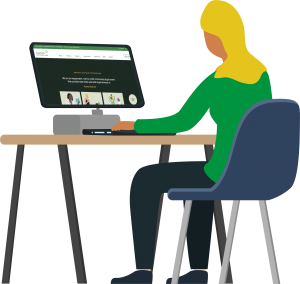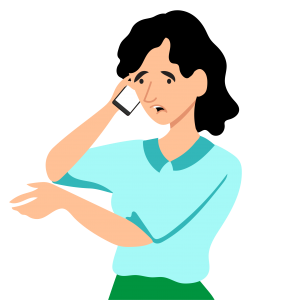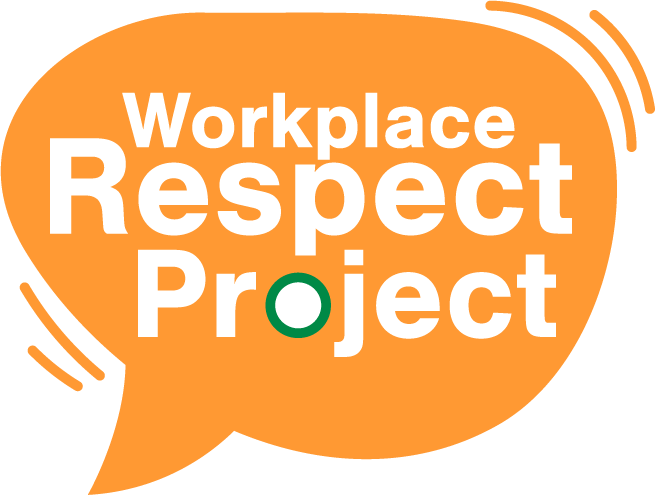Do I need legal advice?
This page is provided as general information only and is not intended to be a substitute for legal advice. By using the information on this page, you agree to our full disclaimer.
It is not necessary to receive legal advice before making a claim. Sexual harassment claims generally go to commissions rather than courts. Commissions are less formal than courts and often set up to be used by ordinary people without a lawyer. In fact, often lawyers can’t appear without the commission’s permission. So, you shouldn’t avoid making a claim if you are unable to get legal advice.
However, if it is possible for you to get legal advice, it is likely to be very helpful, particularly because there are a number of different claims and a number of different outcomes from these claims. It can also be helpful to get legal advice before making an internal complaint of workplace sexual harassment so that you understand your rights and your employer’s obligations in responding.
How can I receive legal advice from Circle Green?
Circle Green Community Legal provides free, confidential legal advice on workplace sexual harassment and other workplace issues for eligible WA workers.
If you aren’t sure where to start, getting in contact with a legal service like Circle Green can help you to learn more about your options.
Before making a request, you can take some initial steps to prepare. To request free legal advice, get in touch with us:

Complete a web-form

Call us

Come to our office

Take a look at our other resources
What can I expect when getting legal advice?
Legal advice from Circle Green is free and confidential.
When requesting and accessing legal assistance through Circle Green, we generally ask for the following information from you:
- Your full name.
- Your contact information.
- Any relevant accessibility information, such as your interpreter needs.
- Your start date with your employer.
- Your end date with your employer (if your employment has ended).
- Your employment contract or letter of appointment (if applicable).
- An estimate of the number of employees in your employers’ organisation.
- Any relevant dates of important conversations or meetings.
- The full names of any other people involved (such as co-workers or managers).
- Your employer’s ABN or ACN.
We also may need to ask for specific information from you on your experience of workplace sexual harassment. Please know that at any time, you can request free support from a Circle Green social worker or end the call if you’re feeling distressed. If you’re interested in learning more about other free support services available to you, click here.
You do not have to take any action after receiving legal information or advice. What you do with it is up to you.
What if Circle Green is unable to assist me?
Due to our limited resources, we have eligibility criteria for our assistance and are unable to assist everyone.
Unfortunately, Circle Green Community Legal is generally unable to advise the following people:
- High-income earners – generally we only assist vulnerable low-income employees. If you are a high-income earner, you might like to review our Private Solicitor List.
- Third parties – usually we need to speak directly to the person with the employment issue unless there is an exceptional reason why they cannot speak to us themselves.
- Union members – generally union members can get help from their union if they have a problem at work. If you are a union member, please contact your union for help.
- Independent contractors – if you are unsure whether you are a true contractor, you can read this fact sheet or you can seek legal advice from us on this issue. If you are a true contractor and not an employee, we will not be able to assist you because we only advise employees.
- Employees who already have legal assistance – we will not have the capacity to assist you if you have received or are receiving help with your problem at work from a lawyer or advocate.
- Employers – we do not assist employers.
Click here to visit our helpful links page, which has a range of information and services available for people we are unable to help.
What else should I consider?
If you’ve been targeted by workplace sexual harassment, it may also be helpful for you to consider some of these options:

Practice self-care and seek support

Make a report to your employer

Make a report to an external agency
Knowing your options is important, but it’s even more important to know that what you decide to do next is up to you.
